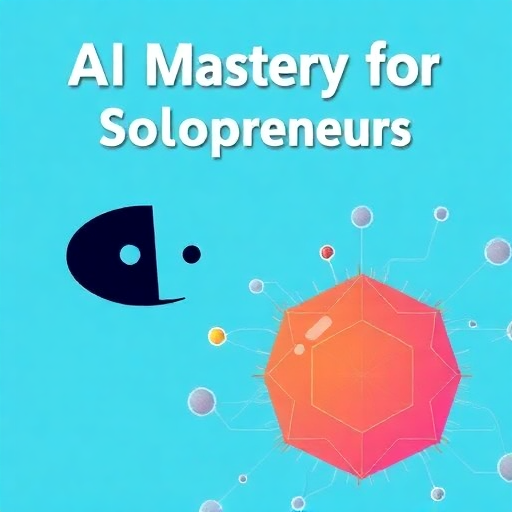
Key performance indicators for AI implementation
Implementing AI solutions in your solopreneur business is an exciting step, but it's crucial to measure the impact and effectiveness of these tools. Key Performance Indicators (KPIs) play a vital role in this process, allowing you to quantify the success of your AI implementation and make data-driven decisions. By tracking the right metrics, you can ensure that your AI investments are truly boosting productivity, streamlining tasks, and contributing to your business growth.
When selecting KPIs for AI implementation, consider metrics that align with your specific business goals and the areas where AI is being utilized. For content creation, you might track metrics such as content output volume, engagement rates, and time saved in the creation process. In customer service, relevant KPIs could include response times, customer satisfaction scores, and the percentage of inquiries successfully handled by AI chatbots. For overall business performance, monitor indicators like revenue growth, cost savings, and employee productivity to gauge the broader impact of AI adoption.